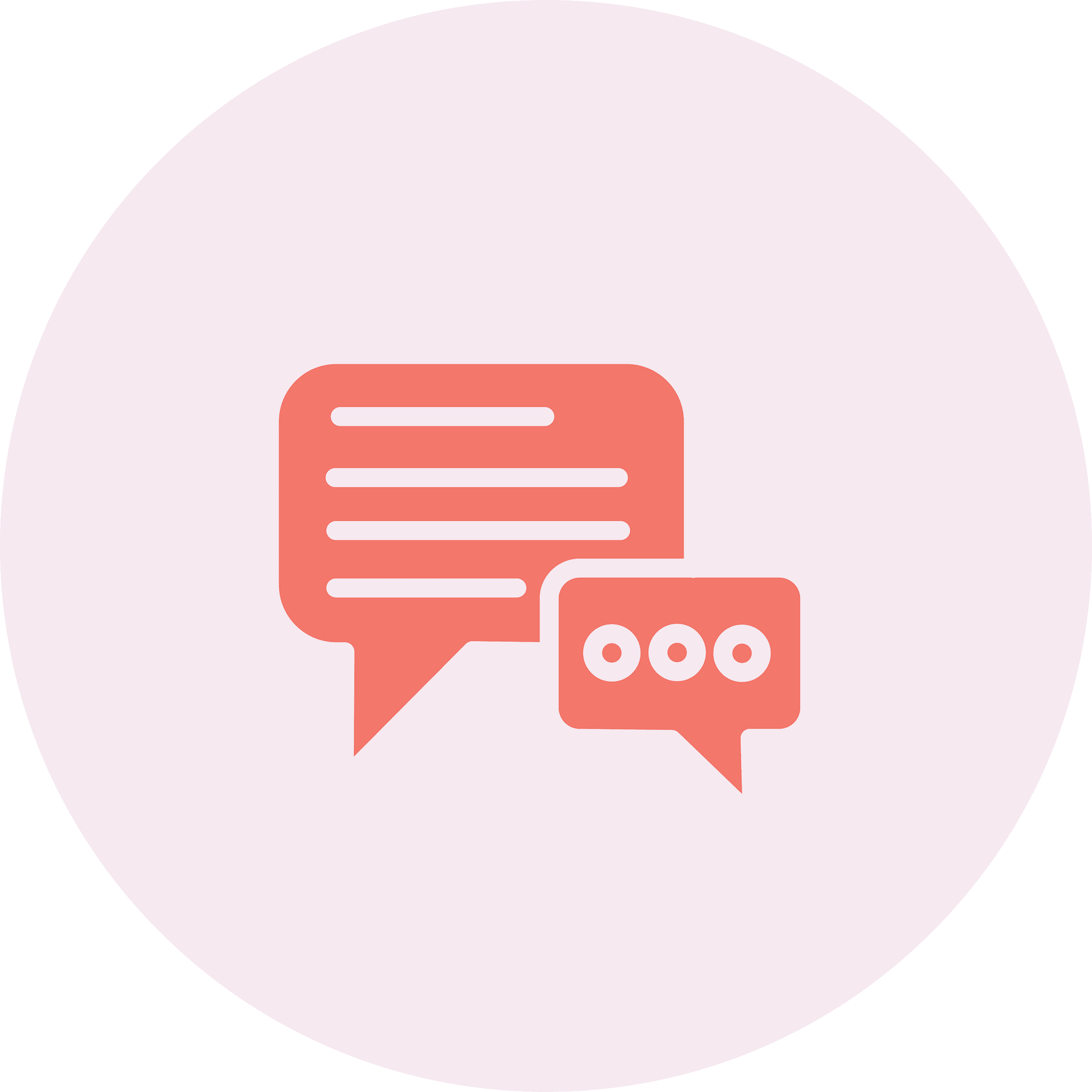The Silent Aftershock: A Raw Look at Postpartum Mental Health

I always thought the hardest part of having a baby would be the birth itself. The contractions, the pushing, the blood, the chaos—it’s what all the movies focus on, right? But no one told me what came after. No one warned me that I’d feel like a ghost in my own life. The inevitable fourth trimester: postpartum.
After my daughter was born, I felt everything and nothing all at once. I remember staring at her tiny fingers and feeling like I was underwater—like I was watching it all happen through a fogged-up window. My mom was there to help clean and cook meals, even teach me how to breastfeed and properly bathe her, but inside, I was unraveling. I would get upset at the littlest thing and constantly feel like I was failing.
Months went by, and I still felt like a zombie. I was angry all the time–even at the very people in my life who were trying to help me. I felt like no one understood me, because in reality, no one really could; I was the one who gave birth, not them.
The Reality of Postpartum Depression
What I was going through had a name: postpartum depression (PPD). It affects about 1 in 7 women, but you’d never know it from how little we talk about it. PPD isn’t just about feeling sad. It’s more than just the “baby blues” — It’s a heavy, aching numbness. Irritability that bubbles up without warning. It’s guilt—so much guilt. I had a healthy baby, a supportive partner, and a safe home. Yet, I would sit for hours in the rocking chair just crying myself into a void. How could I feel so hopeless? Hormonal shifts after birth play a big role in PPD, but so do psychological and environmental factors—lack of sleep, a history of depression, the loss of identity, or even just the shock of going from person to parent overnight. The thing is, you don’t have to have a “reason” to be struggling. PPD doesn’t discriminate.

What helped me? Honestly, admitting it. I said the words out loud to my husband: “I think something’s wrong. I don’t know who I am anymore.” What helped the most was getting away from the house. And I don’t mean going to work because that honestly worsened things after my maternity leave was up, which prompted me to leave the job. I would go out and do things by myself: get coffee, read and write, do some light shopping. What also helped was exercise: I started running, and realized that running altogether was such an amazing stress reliever. Until this day, I run whenever I feel my emotions getting out of control. Was there mom guilt about being away from my baby for an hour or two? Yes. But was it necessary? Also, yes.
Slowly, the fog started to lift. And I realized I wasn’t broken. I was healing. I was recovering.
The Anxiety No One Warns You About
If depression is the fog, postpartum anxiety is the storm. It’s different, but just as real—and often overlaps. Postpartum anxiety (PPA) is also extremely common, affecting an estimated 10–15% of new mothers. I remember checking if my baby was breathing at least 20 times a night. I’d stare at her chest in the dark, heart pounding, convinced she would just… stop.
Unlike the blues, which fade after a couple of weeks, postpartum anxiety can intensify. It’s racing thoughts, constant worry, and physical symptoms like chest tightness or panic attacks. It can make new motherhood feel like a minefield. And like PPD, it’s treatable—with therapy (especially cognitive behavioral therapy), medication, support groups, and sleep—if you can get some.

Many moms don’t even know postpartum anxiety is a thing. I didn’t. We think anxiety is just part of the “new mom” package. But there’s a difference between healthy concern and paralyzing fear. You shouldn’t have to white-knuckle your way through motherhood.
Also read: When Should I Take a Pregnancy Test?
When Birth Is the Trauma
My birth didn’t go as planned. I wanted to have a natural delivery and wait until my water broke. Unfortunately, my OBGYN doctor (who, looking back, I wish I’d left) told me my daughter was measuring weeks ahead in growth, ie. she’s too big, and if I prolonged labor, it would be a difficult delivery, and might even result in a C-section. I respect all the C-section moms out there, I was born from a C-section, but I really did not want to take this route.
So, I got an induction at 39 weeks. For a whole night, I experienced contractions as my cervix was being softened with medicine, then in the morning, my doctor came in and without any warning, broke my water by sticking a foot-long needle inside me. I was shocked and kept restraining out of discomfort as he poked and prodded—I held on tight to my husband who was also getting concerned at the force he was using, and his frequent command to “stay still and relax.” (Oh, the irony.) When I looked at the corner, even the nurse was shaking her head. Finally, I felt the whoosh of water exit me, but the damage had been done.

This is birth trauma, and it’s more common than people think—especially among those who experience unexpected interventions, feel unheard or powerless during labor, or fear for their or their baby’s life. Studies suggest up to 1 in 3 women consider their birth traumatic. Around 4% may go on to develop postpartum PTSD.
Yet trauma doesn’t always look like tears or panic. It can look like numbness, dissociation, rage, or obsessive thoughts. I felt like my body betrayed me. Like I had failed before I even started.Healing from birth trauma means naming it. It means therapy—sometimes trauma-specific work like EMDR (Eye Movement Desensitization and Reprocessing). It means rewriting the story not to change what happened, but to reclaim your voice in it.
Why We Stay Silent
There’s this image of the “perfect mom”—glowing, blissful, instantly bonded with her baby. When your experience doesn’t match that, the shame is crushing. You wonder what’s wrong with you. You think maybe you just aren’t cut out for this. So you fake it. You post smiling pictures. You say, “We’re doing great!”
But behind closed doors, so many of us are crying in the shower, snapping at our partners, feeling like we’re drowning. The silence feeds the stigma. And the stigma keeps us from getting help. It shouldn’t be this way. We should be able to say, “This is hard. I’m not okay.” And we should be met with compassion, not judgment.
What Help Looks Like
If you’re struggling, you are not alone—and you are not failing. Help might look like:
- Talking to a professional: Your OB-GYN or midwife can screen you for postpartum mood disorders and refer you to a therapist.
- Medication: Antidepressants and anti-anxiety meds can be safe while breastfeeding and incredibly effective.
- Support groups: Whether in-person or virtual, talking to other moms who get it can be life-changing.
- Asking for help: With meals, sleep, chores, baby care. You don’t have to do it all.
Taking care of your body: Eating, moving, sleeping—basic needs become survival tools.
To the Mom in the Dark
If you’re reading this with tears in your eyes, wondering if it will ever get better—please know it can. It does. You’re not broken. You’re not weak. You are navigating one of the hardest transitions a human can go through, and you are doing it with so much more strength than you realize.
Motherhood is messy, brutal, and beautiful. There’s room in it for all of your feelings—not just the pretty ones. You are not alone in the dark. And you don’t have to stay there.
Also read: I Found Out I Was Pregnant During Christmas Break

